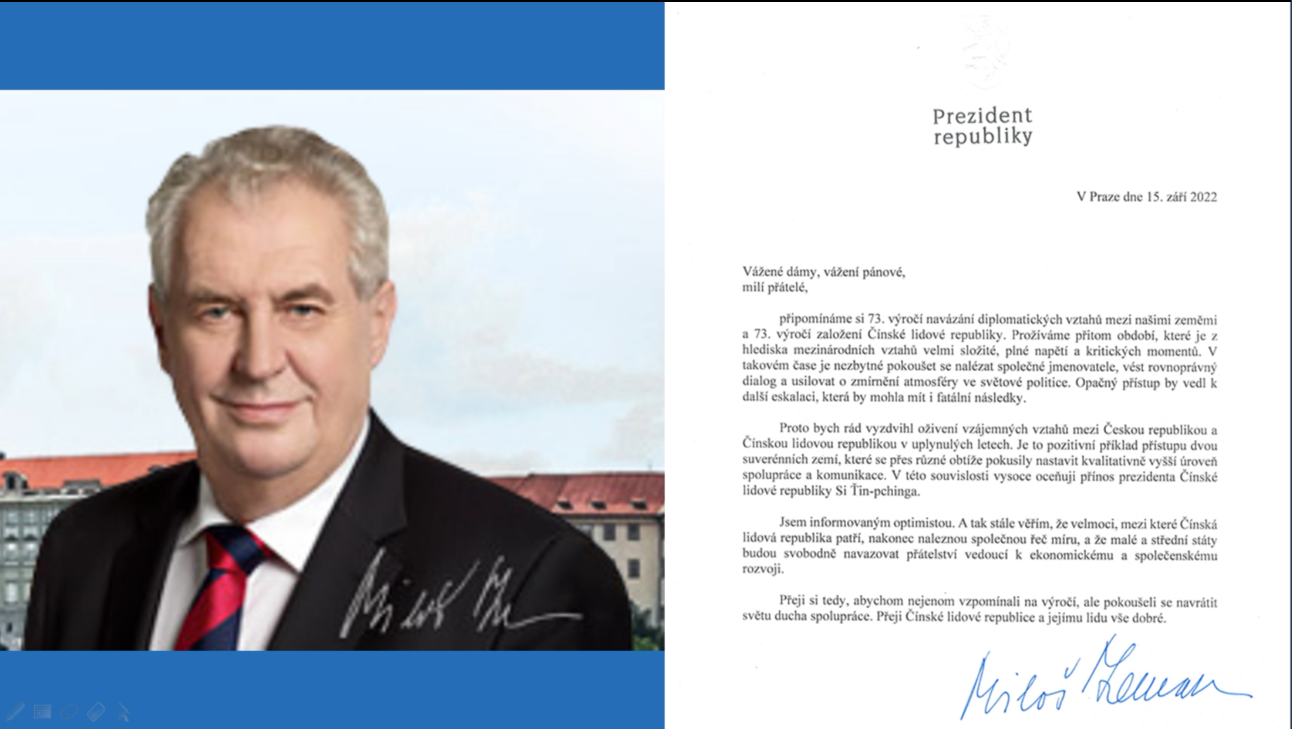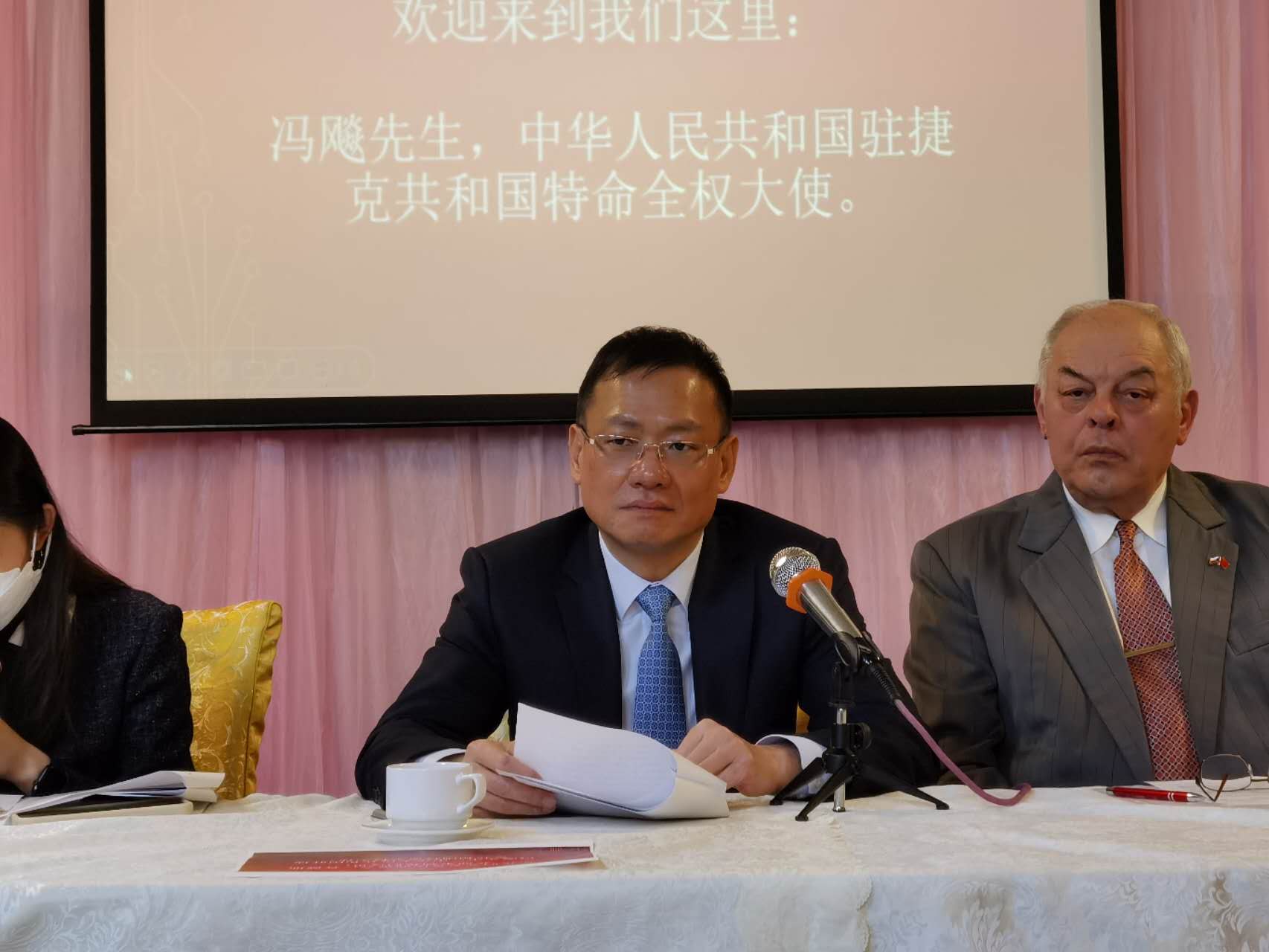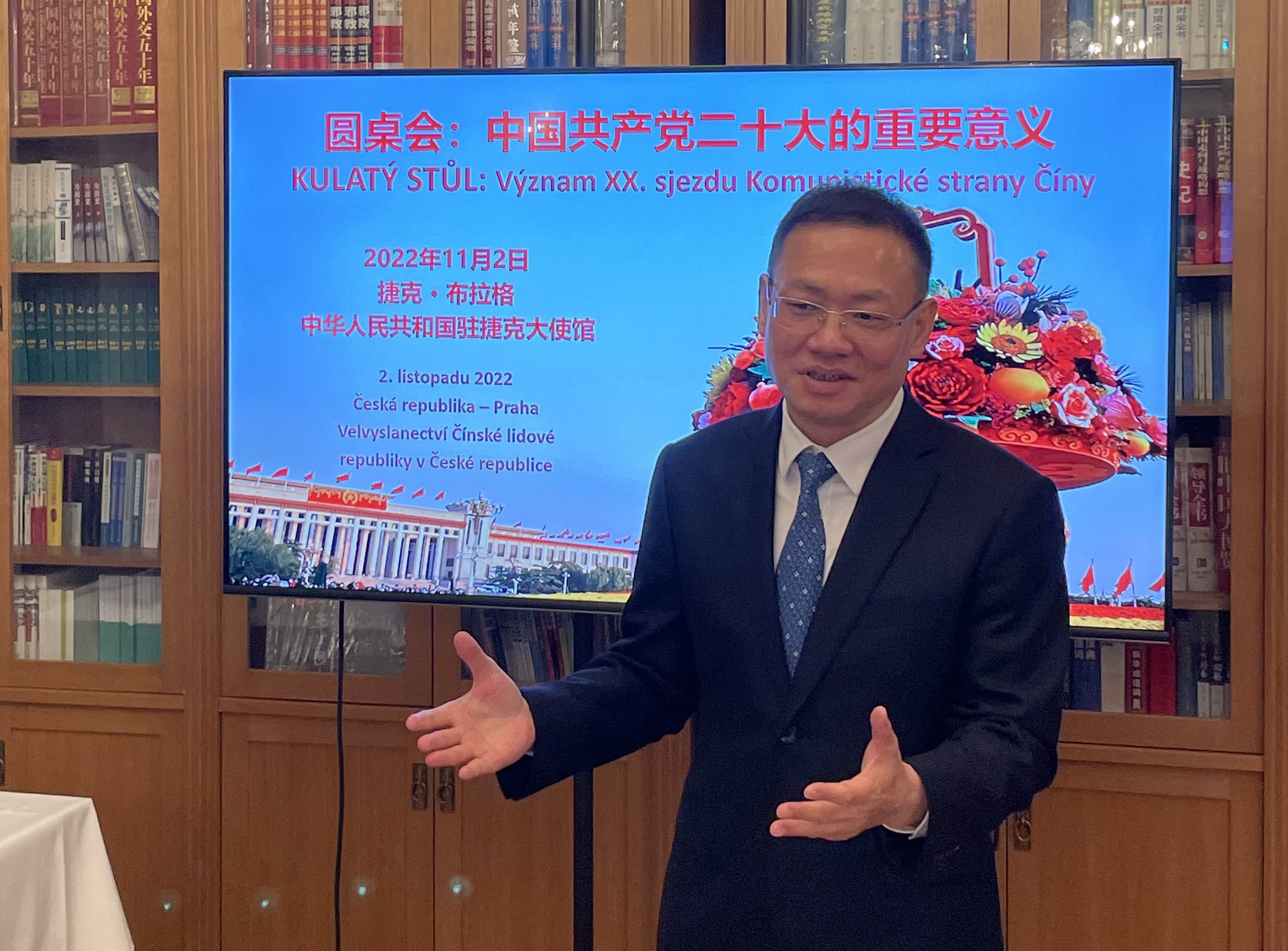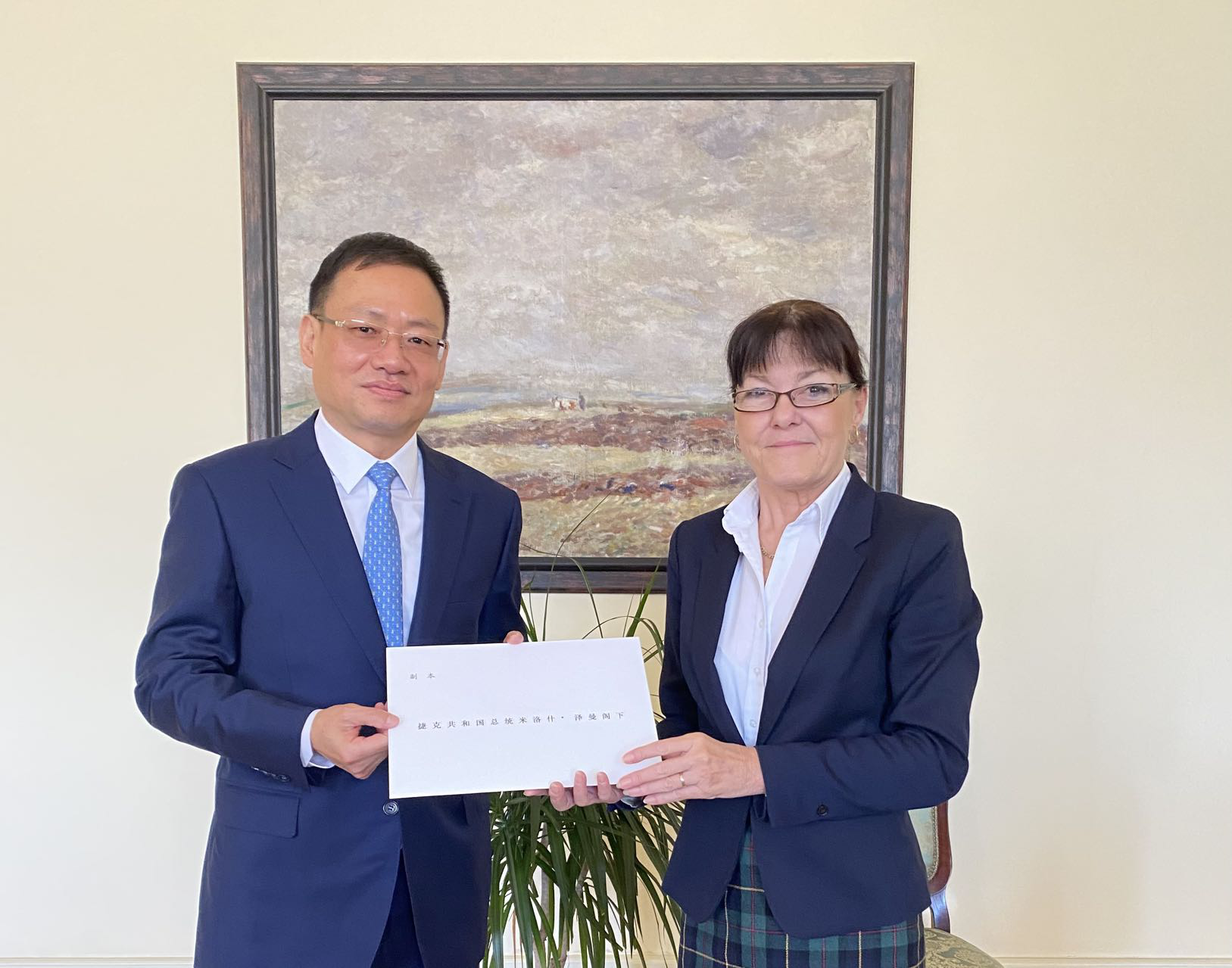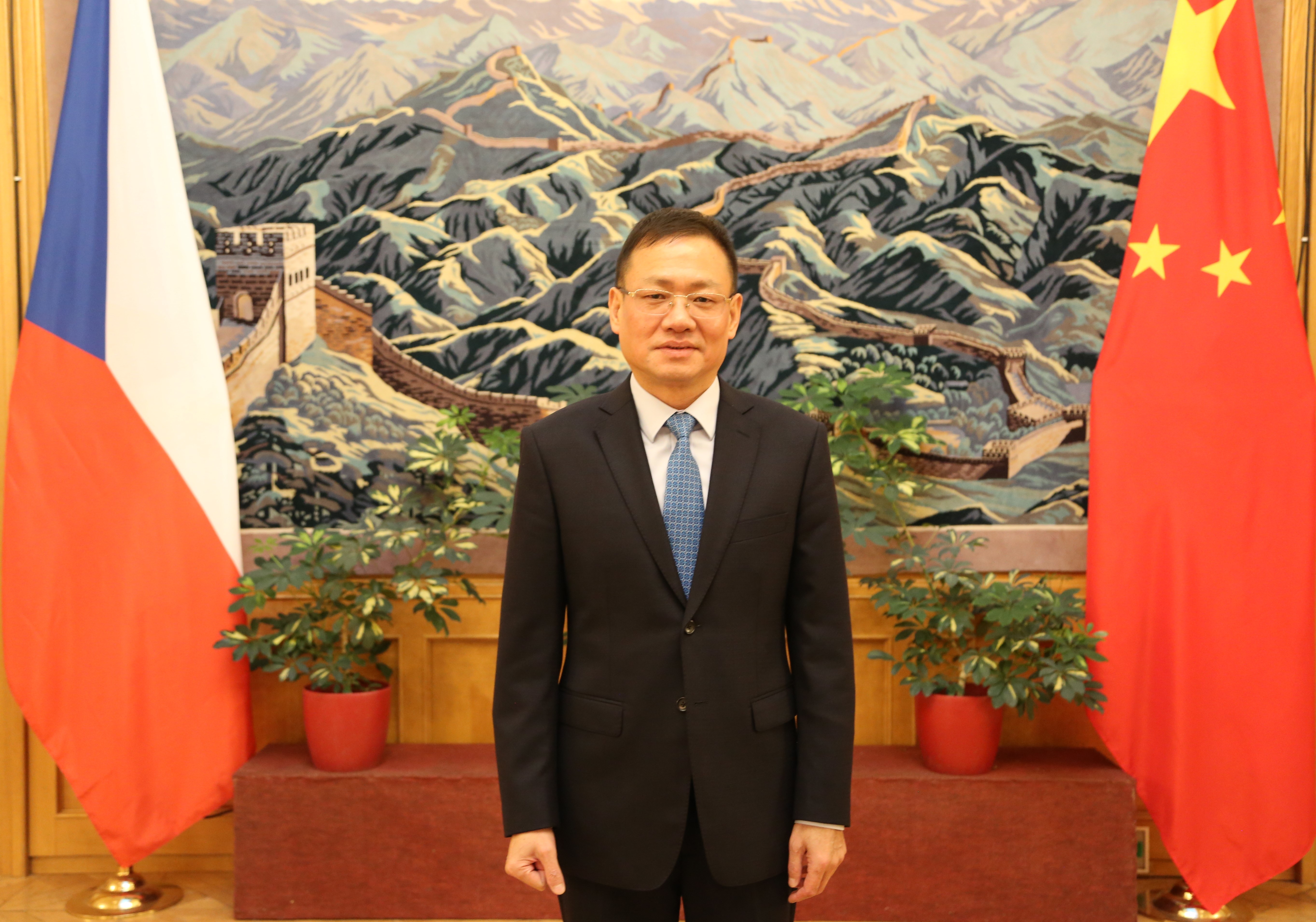| China's developing-country identity remains unchanged |
| 2010-08-20 22:12 |
| BEIJING, Aug. 13 (Xinhua) -- China's rising influence, particularly its robust economic growth in the past three decades, has created a view among some that it is no longer a developing country. Recently, this argument has been made more popular with the news China has become the world's "No. 2 economy," a headline story for mainstream media in the West. A deputy governor of China's central bank said recently China had replaced Japan to be the second largest economy of the world. "China is actually now already the world's second largest economy," Yi Gang, who is also head of the State Administration of Foreign Exchange, said in late July. The news triggered widespread reports and further analysis by Western media, but almost all of them ignored the fact that China is the most populous country in the world with a population of 1.3 billion, roughly one-fifth of the world's population. The question of whether China is a developing or developed nation is easy to answer if its vast population is taken into account. China has a massive economy, but it is not yet an economic power in terms of per capita GDP. According to the World Bank, China's per capita GDP in 2009 stood at 3,687 U.S. dollars a year, ranking 103 worldwide, far less than the per capita GDP of the United States, which is 46,436 dollars. China's per capita GDP is also much lower than the world's average, which was about 8,600 dollars in 2009. In the World Economic Outlook Update issued in July, the International Monetary Fund also classified China among the emerging and developing economies. Analysts forecast it will not be until 2050 that China's per capita GDP reaches the 2009 level of developed countries. "China is still a developing country, and we should be wise enough to know ourselves," Yi has said. The various challenges China is facing during the ongoing process of economic and social development also indicate the country is not a developed nation at all. A People's Daily report said Wednesday, although the majority of the Chinese population is now enjoying a well-off life, China has some 150 million people living under the UN poverty line of one dollar a day. The figure is approximately equal to the total population of Germany and France, the two most populous countries in the European Union. According to the Human Development Report 2009 issued by the UN Development Program, China ranks 92nd worldwide in the human development index, just a medium development level. Although China's economy as a whole had witnessed rapid growth, the development levels of urban and rural areas and different regions remained unbalanced, the People's Daily report said. There still existed some crucial problems in the economic and social development of China, it said. China's foreign policy also reflects the nature of a developing country. China and developing countries in Asia, Africa and Latin American share common concerns on safeguarding national sovereignty and security, common interests on achieving state development and improving people's livelihoods, and common targets on promoting a just and fair new international political and economic order, the report said. In fact, some Western media have also advised against exaggerating China's strength and influence. In a recent Newsweek story titled "The China Dream," the author Ioannis Gatsiounis admitted the rise of China was "the definite economic and political story of our time." However, he pointed out the unbalanced coverage on China, saying "the coverage of China's global inroads has been profoundly short on context, particularly when it comes to how China is -- and is not -- surpassing the U.S. as a global power." "There are plenty of stories of a Chinese-sponsored infrastructure project or a Chinese company cutting a deal to feed its 'insatiable thirst' for raw materials, while Western involvement of similar or greater magnitude is lucky to make a headline at all," Gatsiounis said. Gatsiounis said China's influence was "mixed," considering the country's key economic metrics and cultural influence. "While China is indeed one of the great powers in the world now, its influence is mixed, and often undercut by America's," he explained, citing dominant U.S. soft power and military buildups. In fact, analysts said the implication of labeling China as a developed state and exaggerating China's strength was to demand the country take responsibility beyond her capability, or to publicize indirectly the ill-disposed "China threat" theory. It was obvious to all that China, as a developing country, has actively engaged in shouldering proper international duties in accordance with her capability for the world's peace, stability and prosperity, concluded the People's Daily. |
|
||||||||||||||||
| ||||||||||||||||
|
|
||||||||||||||||



